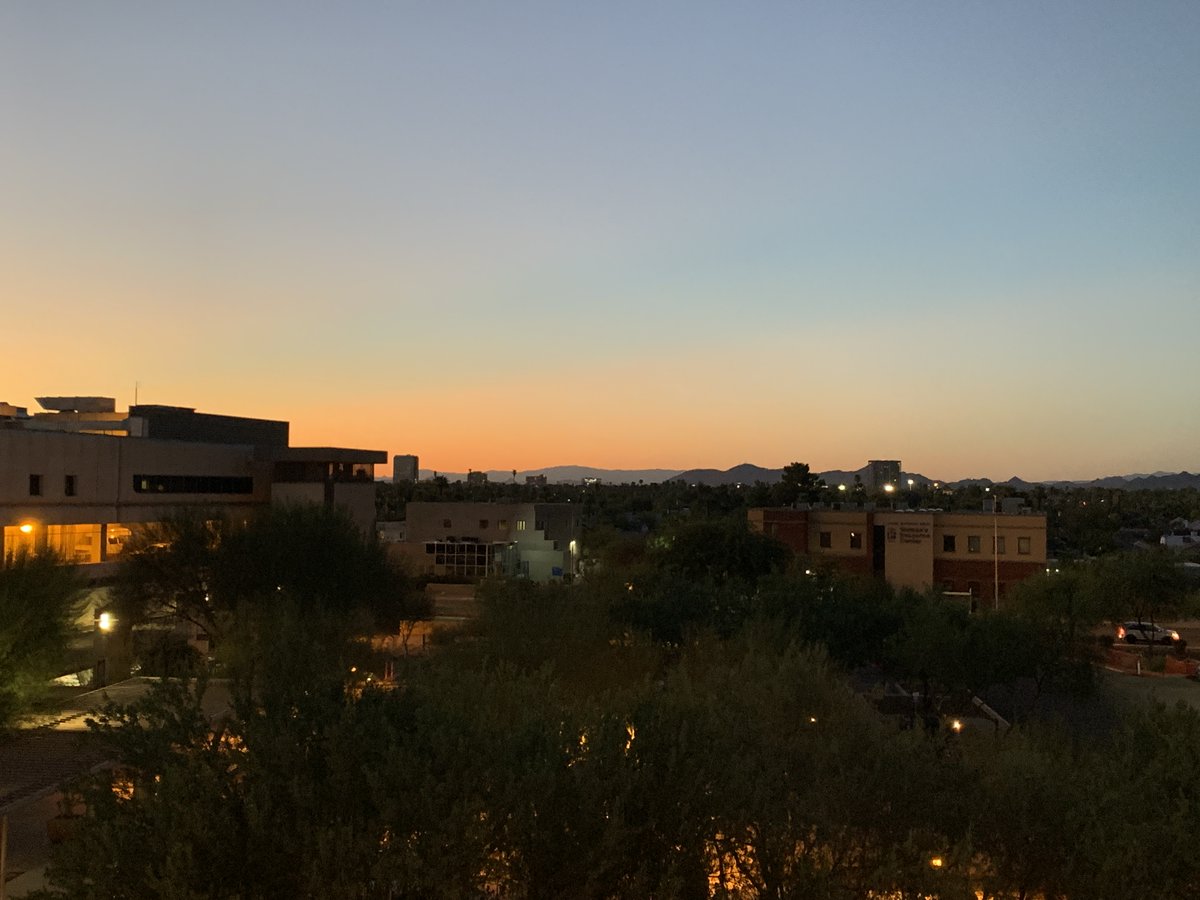
This thread is based on conversations with doctors at 3 large metropolitan hospitals, all in the position to know what’s happening with their ICUs. Here are some important points that endanger the public’s health NOW in these and many other hospitals across the country.
1/
1/

Even if hospitals are relatively empty prior to a #COVID19 surge, it is very challenging to manage the surge because of how sick the patients can be, how quickly they come in, and the high volume of deaths.
2/
2/
If hospitals are already full prior to a COVID surge, it is not hyperbolic to say that more people will die. And in all 3 of these hospitals, that is the exact problem.
3/
3/
Patients come into hospitals in 3 main ways:
-acute illnesses, such as heart attacks or appendicitis
-trauma (eg car accidents, stabbings, etc)
-elective (planned) surgery
4/
-acute illnesses, such as heart attacks or appendicitis
-trauma (eg car accidents, stabbings, etc)
-elective (planned) surgery
4/
We can’t limit the first category (acute illness), but we can limit the other two. Trauma volumes were down significantly when people were sheltering in place. Why? Most people who are in car accidents, stabbings, or shootings are outside their homes.
tsaco.bmj.com/content/5/1/e0…
tsaco.bmj.com/content/5/1/e0…
Because now many people are moving around the world as they did pre-pandemic (with, hopefully, the addition of a mask), trauma volumes are now up. But they could go down again if people would #StayHome.
6/
6/
Elective surgery could be stopped, and many hospitals are backing off elective surgery to some extent. However, in the spring hospitals lost an estimated $160 billion due to stopping elective surgery. Many hospitals can’t afford to do that again.
aha.org/system/files/m…
7/
aha.org/system/files/m…
7/
So even though they know they need beds for COVID patients, they also can’t afford to stop all elective surgery. We need government subsidies to allow hospitals to stop elective surgery and make room for COVID patients.
8/
8/
These are the reasons hospitals are now using beds in pediatrics hospitals and tents. It’s not purely due to the volume of COVID cases. It’s that there are many many other patients in hospitals right now.
9/
https://twitter.com/futuredocs/status/1330890786016268290?s=21
9/
And staff are exhausted. At many hospitals, staff have gotten COVID and are out due to that. So even if there are physical beds available, when there are no staff to care for patients in those beds, they might as well not exist.
abcnews.go.com/Health/900-may…
10/
abcnews.go.com/Health/900-may…
10/
Everything I’m hearing from colleagues around the country is DIRE.
Please consider staying home as much as you can.
#WearAMask if you need to go out.
Don’t travel for Thanksgiving.
We CAN limit the loss of life, but only by working together.
11/11
Please consider staying home as much as you can.
#WearAMask if you need to go out.
Don’t travel for Thanksgiving.
We CAN limit the loss of life, but only by working together.
11/11
Cc @MollyJongFast @ASlavitt @JoyAnnReid @ETSshow @rocketgirlmd @bethlinas @AriMelber @maddow @alexiszotos
• • •
Missing some Tweet in this thread? You can try to
force a refresh








